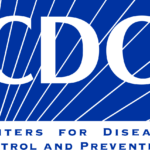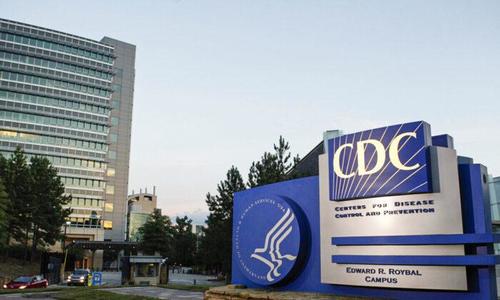Why does the American CDC not make the data on the effectiveness of the Booster public?


The US Centers for Disease Control and Prevention (CDC) have withheld much of the information in their possession on the impact of the COVID-19 vaccine booster, causing anger in the scientific community and speculation that these data do not support the hypothesis of the efficacy of the vaccine. booster injection, as reported by the Daily Mail.
Two weeks ago, the CDC released the first significant data on the effectiveness of boosters in adults under the age of 65, but the agency, led by Dr Rochelle Walensky, did not share information on people aged 18 and 49, who are generally considered to be among those least benefiting from the recall. It also did not provide any information they possessed on hospitalizations of children, as scientists have complained.
Kristen Nordlund, spokeswoman for the CDC, justified the slowness in the release of the data by stating that, simply, "because, in the end, it is not yet ready for prime time".
He said the agency's "priority in collecting data is to ensure that they are accurate and actionable," saying he was concerned that the data could be interpreted as negative about the effectiveness of vaccines.
He also said they were reluctant to publish the data because they represent only 10% of the US population – about 33 million – or a sample of the same size usually used to monitor common flu.
The 18-49 age group is considered less sensitive to recall, as mortality rates in the age group are already low. The elderly and immunosuppressed are much more likely to fall ill without their recall than healthy young people and middle-aged people.
The boosters became available to children 12 and older just last month, and thus would not be covered by the dataset.
As of Monday, 65% of Americans are fully vaccinated, but despite this, 103,150 new cases have been reported nationwide, on a seven-day moving average, still a sharp decrease from January when there were also 700,000 cases. per day.
Scientists are quite outraged by the delay in publishing the data that usually went hand in hand with the vaccination campaign, and believe this is due to the decline in the effectiveness of the vaccines themselves.
For example, Dr Paul Offit, one of the discoverers of the rotavirus vaccine , urged the CDC to "tell the truth, present the data."
"Tell the truth, present the data," said Dr. Paul Offit, one of the FDA's leading consultants.
"I have to believe that there is a way to explain these things so that people can understand them." The doctor further noted that, in the absence of the CDC data, the scientists had to rely on Israeli data.
"There's no reason they should be better at collecting and delivering data than we are," he said. "The CDC is the main epidemiological agency in this country, so you would like to work on its data." All while we know that the CDC certainly has the data it needs.
Doctors and scientists are all deeply shocked by the delay, they do not understand the reason, also because there is no danger of misinterpretation, given that the recipients are professional operators. So the question remains: why doesn't the CDC distribute this data?

Thanks to our Telegram channel you can stay updated on the publication of new articles of Economic Scenarios.
The article Why does the US CDC not release data on the effectiveness of the Booster? comes from ScenariEconomici.it .
This is a machine translation of a post published on Scenari Economici at the URL https://scenarieconomici.it/perche-il-cdc-non-rende-pubblici-i-dati-sullefficacia-del-booster/ on Tue, 22 Feb 2022 15:00:24 +0000.
